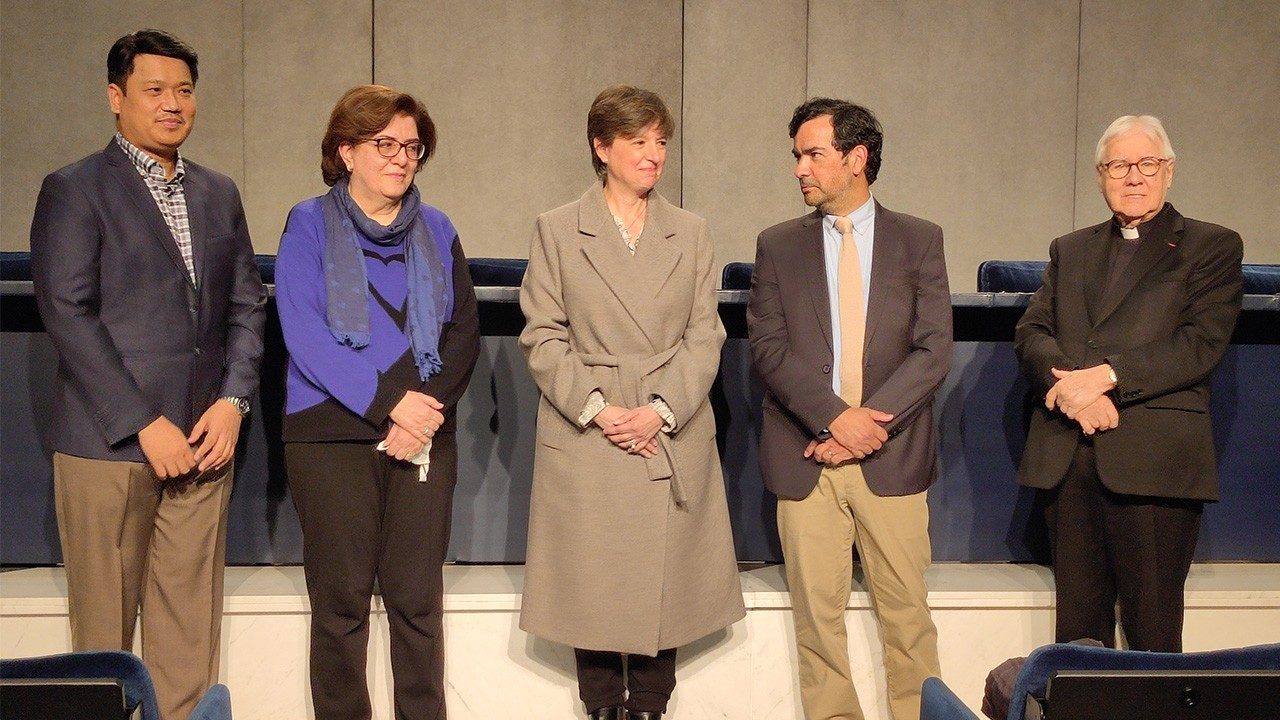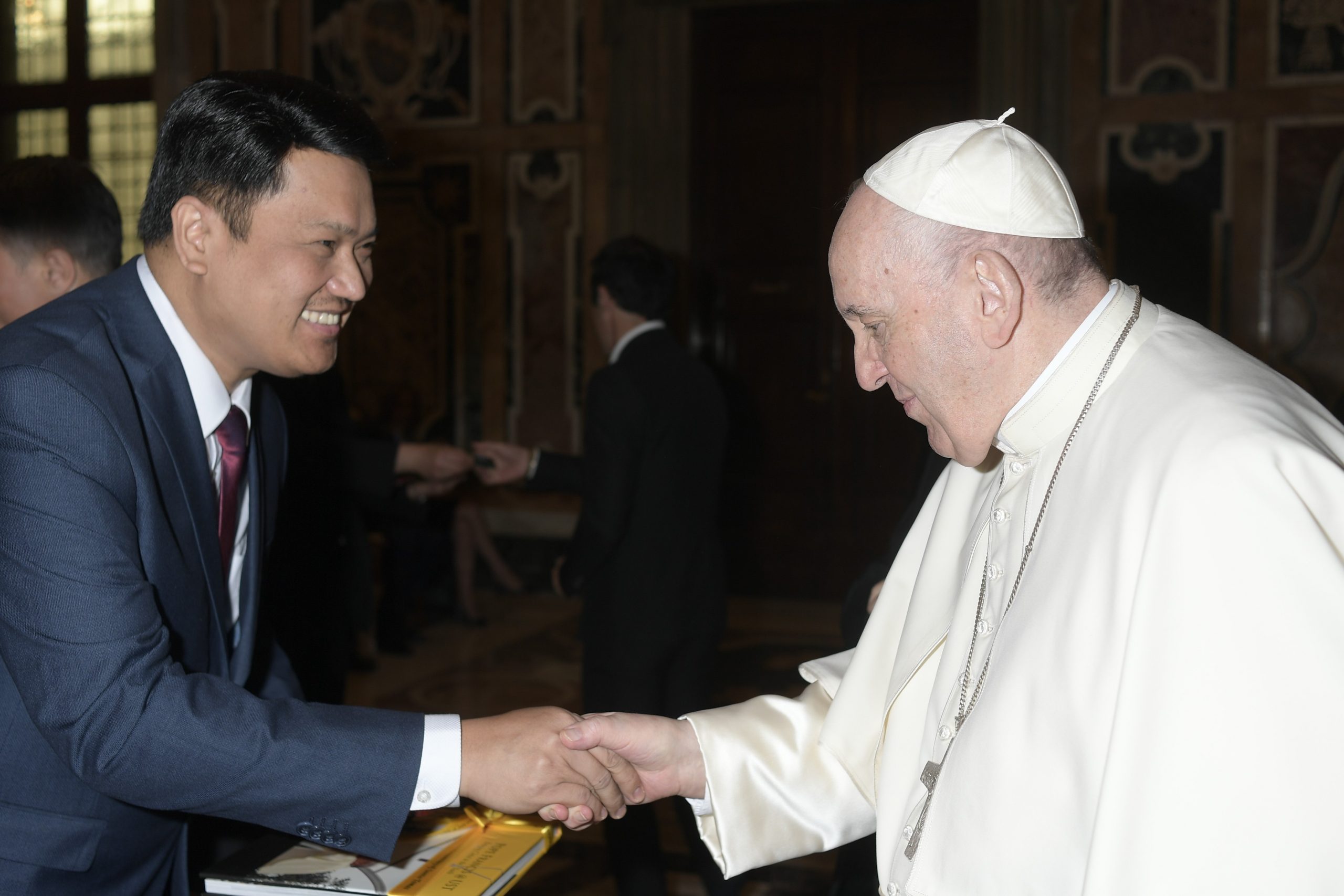Professor Allan B. de Guzman, PhD of the Research Center for Social Sciences and Education joined experts from more than twenty countries in the March 17-19, 2022 “Educating for democracy in a fragmented world” conference organized by the Gravissimus Educationis Foundation, established in 2015 to help implement the provisions of the Second Vatican Council.


During the conference, de Guzman presented the findings of three studies that elaborated on the role of social studies teachers in teaching democratic principles and civic engagement. The studies involved are the following:
a) Social studies teachers’ ability to integrate social problems and issues and civic engagement in students’ learning;
b) Teaches’ knowledge of 21st-century democracy holds the key for their delivery of promoting civic engagement in classroom settings; and
c) Teachers’ abilities to exercise practical-evaluative teaching methods and to contain their risk-taking behavior may help enrich school curricula’s integration of civic engagement by students.
All these three smaller studies form part of the UST-led Local Antenna Team’s project, headed by de Guzman, who is joined by RCSSED Director Belinda D.V. de Castro, PhD and RCSSED Research Associate Joel L. Adamos, EdD. The Philippine study is part of a multi-country research project handled by Fondazione Gravissimus Educationis, the education-oriented pontifical foundation of the Pontifical Council for Catholic Education formed in October 2015.
UST is the local antenna university (or local implementor) of Gravissimus Educationis’ project titled Democracy: an educational urgency in pluricultural and pluri-religious contexts.
UST-RCSSED as the Philippine antenna not only produced three studies. The Center also staged international webinars and a certificate program for various public school teachers of social studies nationwide. The Center also launched a project website, titled ADVOCATUS: Championing Democracy through Education, for parties to see details about the Gravissimus Educationis-funded project in the Philippines.
Fondazione Gravissimus Educationis’ three-day conference was held at Libera Università Maria Santissima Assunta. Foundation Secretary-General Msgr. Guy-Réal Thivierge spearheaded the organizing of the event.
In an interview with Fausta Speranza published in the Vatican News website, de Guzman emphasized his and the team’s belief in “the power of education because we believe that schooling will lead to democracy.” De Guzman added that teachers have a unique role to play in helping Filipino learners look at the problems surrounding them and the Filipino society.
The conference brought together experts from 14 universities representing 13 countries. It provided a venue to localize democracy issues to different contexts and view these from angles such as academic, economic, and spiritual.
The 13 other partner Catholic universities include the Universidade Católica de Moçambique, (Mozambique), the Université Catholique d’Afrique de l’Ouest (Cote d’Ivoire); the Pontificia Universidad Católica de Chile (Chile); Universidad Anahuac (Mexico); the Pontificia Universidad Católica del Perú (Peru); the Pontificia Universidade Católica do Rio Grande do Sul (Brazil); The Catholic University of America (USA); Christ University (India); the Ukrainian Catholic University (Ukraine); the Instituto Universitario de Investigación Ortega y Gasset (Spain); the Libera Università Maria Santissima Assunta (Italy); the Università Cattolica del Sacro Cuore (Italy); and Université Saint-Joseph de Beyrouth (Lebanon).




